Hey guys, and welcome to another Pinnacle Performance video. So, today we're going to touch on the topic of carbs, or no carbs, and how that relates to your either weight loss or performance-orientated goals. So, there's a lot of misconceptions or confusion orientated around the consumption of carbohydrates and whether or not you should be consuming them when you should be consuming them, and why you should be consuming them.
So, today, we're going to touch on a few points on whether or not you find it applicable to you to be utilizing carbohydrates in your diet, and when you should be utilizing them. So, when it comes to fat loss, a lot of people are worried about the overconsumption of carbohydrates as a macro, the important thing to know with carbohydrates is that it isn't necessary for you to eat carbohydrates. That's why things like keto can actually exist. So you can go about your weight loss-orientated journey.
With not without consuming carbohydrates, your body will go through a process known as proto gluconeogenesis, which is the process of converting protein into glucose. So your body can utilize that for energy, any which way that it needs to, if it does need glucose for energy, so you can actually go through life-consuming very minimal to no carbohydrates.
Where it comes into play, in regards to weight loss is, where it comes in court and for weight loss is whether or not the food groups that you're currently consuming, enjoy contain carbohydrates. So, if they do, and you try and switch to a low carb approach, because you think that that's going to be more successful for you, a lot of the time, you will inevitably fail based on the fact that you are transitioning your diet too rapidly.
And making the two divers in such a short period of time to food groups that you may not enjoy. And a lot of the time that's going to result in failure. And people may associate that with a low-carb approach. But a lot of the time, it's just because they're trying to make, you know, a square block fit a circle, they're trying to make a diet that doesn't suit their lifestyle, suit their lifestyle.
So, when it comes to the actual goal of weight loss, the thing we should be focusing on is calories in, calories out, that law of thermodynamics. So, being in a calorie deficit, which I'm sure you've heard a thousand million times because it is true. And then focusing on getting adequate protein intake, which you can check out one of my other videos, Why protein is King, to learn a little bit more about that.
And then just consuming less calories and we're expending when it comes to the remainder of the carbohydrates and fats, I generally get people to tell me what kind of foods they like. If this is kept in mind, someone who doesn't work out. That's very important. Now he'll tell me what kind of foods they like. And we can program their diet around the foods they like, and then the distribution of their carbs and fats will generally be orientated around those foods because it's going to be something that they can stick to.
So, once again, the actual carbohydrate consumption when it comes to a weight loss-orientated goal isn't as important as your overall calorie intake. But, if you do like carbohydrate-orientated foods, and you can eat in a calorie deficit, you can eat those carbohydrate-orientated foods in the calorie deficit and still lose weight, because your calories in versus calories out, is the most important factor when it comes to weight loss.
So, as I mentioned, that's generally for someone who doesn't train. So, if you are someone who works out, there is a few important, there is a few things that carbohydrates can help with relative to things like muscle hypertrophy, recovery, and anti-catabolic effects, and most of all energy when it comes to try and eat and performance in your training sessions.
So, obviously, carbohydrates are important for energy all macros provide a form of energy, but carbohydrates and specifically to resistance training, which is the audience for many of the people who watch the channel. Carbohydrates I quickly utilized efficient sources of energy or our wage trend.
So income is what it is. But as I was saying, carbohydrates are an efficient source of energy for our resistance training. So having carbohydrates pre-workout in the form of easy to digest high glycemic carbohydrates, things like you know, white grains and fruit and things that are going to sit in your stomach and your body can utilize quickly is going to provide a form of a source of energy that we can use within our training.
And a lot of people worry about like, you know, eating things and burning or not, but you want to look at it, especially from the performance side of things. And this is where we're touching on performance is getting having a source of energy that's going to allow you the maximum output in your workout to get the most out of your strength adaptions to get the most out of your anaerobic capacity adaptions and your muscle hypertrophy adaption, so fueling the process of the progression of your training, that's how you want to look at like pre-workout food and like utilizing carbs.
So you can be a little bit more specific with your timings of carbohydrates, which we'll touch on there. But they're going to be the important factors that carbohydrates can provide, by training and having them pre-workout and then post-workout, they're going to help more with anti catabolic effects, so spiking insulin, blunting cortisol, and getting us back into a state of anabolism.
This is doable with just whey protein, or like free form isoleucine. So like amino acids, or whey protein, that's why so many people, you know, banging down like whey protein shakes afterwards because it's just that spike of blood sugar, we need to blend that cortisol to get us back into that anabolic state and out of that muscle breakdown effect.
But there have been studies which can lead to that will show combining them with carbohydrates will like increase the efficiency of that process. And that's why people will also consume carbohydrates post-workout, help restore glycogen, help with the recovery. And, you know, once again, it's just a good time to have them if you are someone who has performance-orientated goals to help with that, refuel recovery, increase muscle hypertrophy, and reduce catabolism.
So when it comes to the timing of those post-workout carbohydrates, it's not something where you have to worry about causing a traffic incident to like bang down a whey protein shake or can just consume some sort of carbohydrate source immediately post-workout if it is in like one to two hours post-workout, that is completely fine. There have been studies to show like consuming them closer to pre-workout can have like long-term benefits. So if you can consume them close to your workout, there is something to be said for that.
But we're talking like one to 2% differences, so, don't worry about like racing home and crashing your car to like bang down a protein shake, just focus on within like a two-hour block, getting some sort of protein and easily digestible carbohydrate sources in post-workout to help with your recovery and help with that muscle growth and obviously, future performance for other workouts.
So just kind of like recap a little bit. If you have a weight loss-orientated goal and you are training, your priority should be focusing on your calorie intake being less than your activity. So being in a calorie deficit, and then distributing your macros for the remainder in a way that allows you to eat foods that you do like and are going to help you stick to your diet.
If you are someone who trains with a performance as for performance-orientated goal mixed in they're consuming carbohydrates, more so than fat. If you are like in doing resistance training can be beneficial for you, especially if you're timing those carbohydrates around your workout. So priority and not from a burn perspective, because it's going to be more so back consuming. You know, once again, the weight loss side of things is going to be about your total day by consuming the carbohydrates around your workout.
And it gives you the benefit of an easily accessible source of energy to get the most out of your session, so you get the most strength adaption anaerobic capacity and muscle hypertrophy, and then consuming them after to help with reducing muscle breakdown and to help with your recovery. So there's some benefits to timing those carbohydrates around your workout.
The timings away from training are more so up to you. So there is something to be said about consuming low carbohydrates early in the morning, as it can, you know, once again like this is down a rabbit hole a little bit, but spiking your blood sugar could then increase your appetite earlier. So consuming a low carbohydrate meal early morning, especially if you're someone that gets brain fog. When you consume carbohydrates. And this is pure just personal opinion.
I recommend trying a multitude of different things. I'm not out here to prescribe, you know, diets to anyone. But if you wanted to try a low carbohydrate meal and you find that, you know, it helps you maintain your satiety for a longer period of time and helps with minimizing brain fog. I recommend trying now if you're someone who trains in the morning, you want to consume carbohydrates first thing like myself, then that might be something that you want to try but definitely juggle around the carbohydrate timings for other portions of the day, like dinner and breakfast and whenever else you're training, whatever else you're consuming them, but I do recommend having In a good pre-workout, and post-workout carbohydrate source to help maximize the benefits that you get from your resistance or intensive training or that anaerobic style of training.
Hopefully, this helped a little bit with understanding the carbohydrate timings a little bit more on how this can help you with your weight loss, or your performance-orientated goals. If you wanted me to go a little bit deeper on any of those aspects, please leave a comment below. And I'll dive into it a little further.
These videos could be massive, I could, you know, touch on a lot of things. But I like to keep it broad and hopefully applicable to majority of people and hopefully digestible to majority of people as well. So it's not just long and boring, which kind of already feels like sometimes it's like that.
But yeah, I'll try and keep it as short as I can as easy to digest as possible. And hopefully, you guys are enjoying the content. And once again, I'm going to keep trying to film as consistently as possible tying up between these, you know, educational format type videos, and we're still doing the vlog orientated stuff as well. If people like seeing the behind-the-scenes stuff, let us know sometimes I feel like my life's not very exciting. So I'm not going to film everything because people will just get sick of it. But if people like it, I'll keep filming days in their lives and I'll keep filming vlogs, but, leave a comment below. Let us know. Don't forget to like and subscribe and I hope you all have a lovely day.

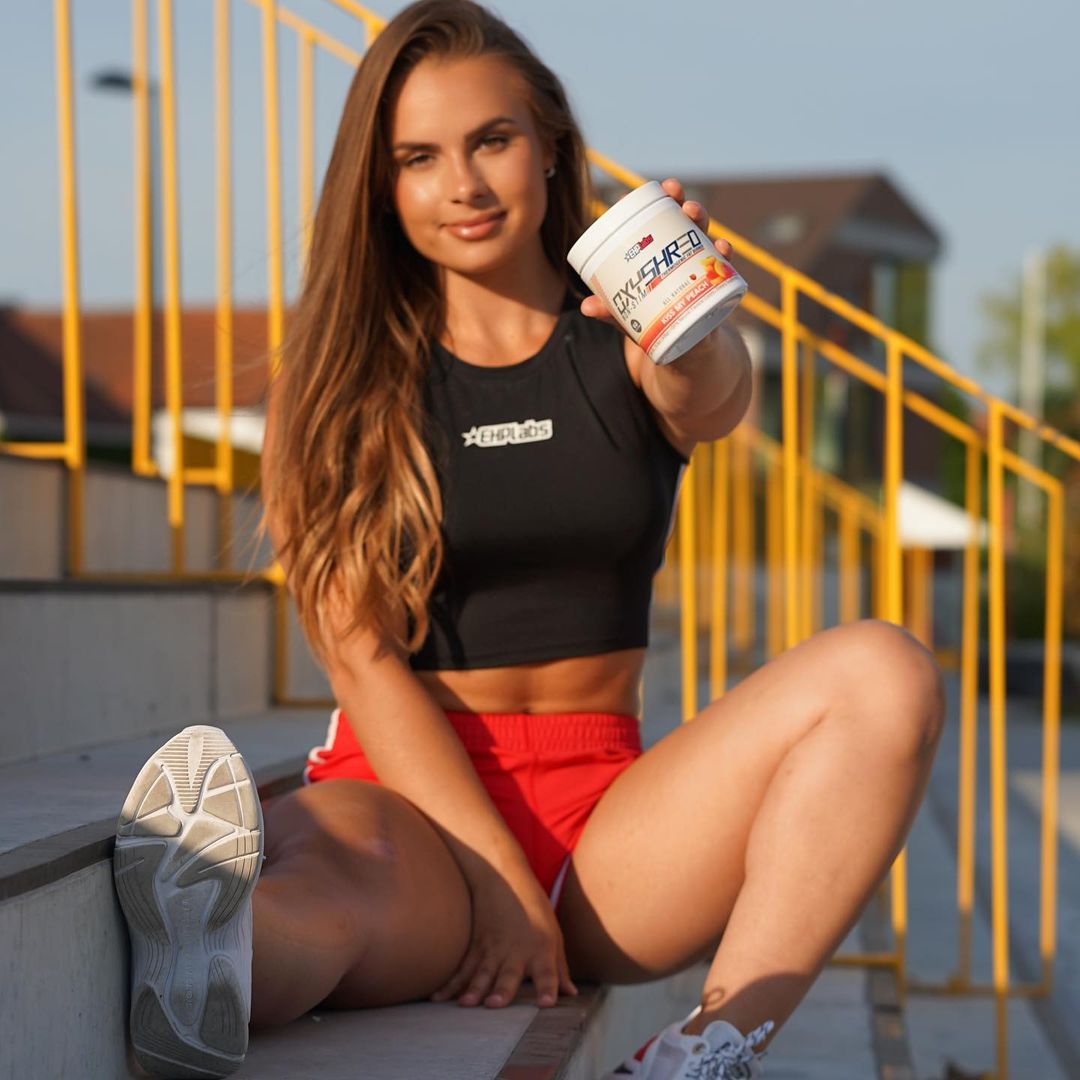
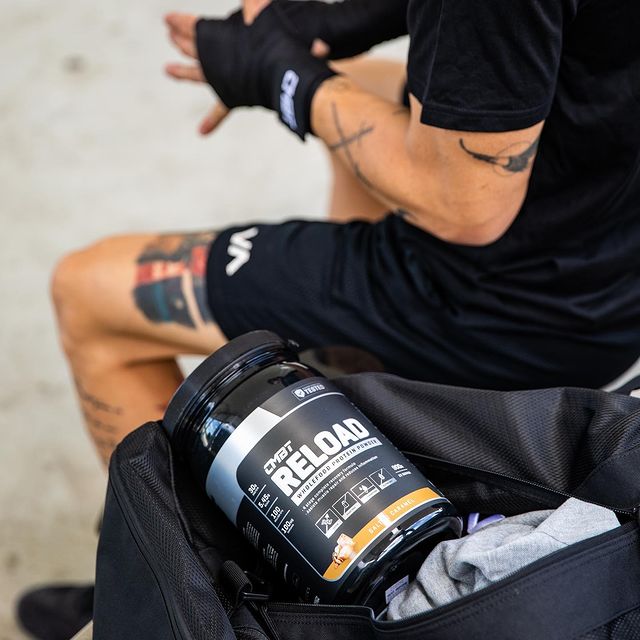
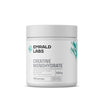
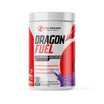
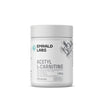

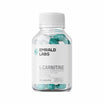
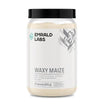
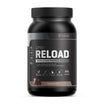

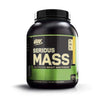

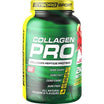
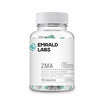
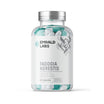
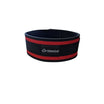
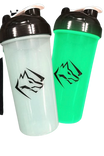



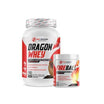
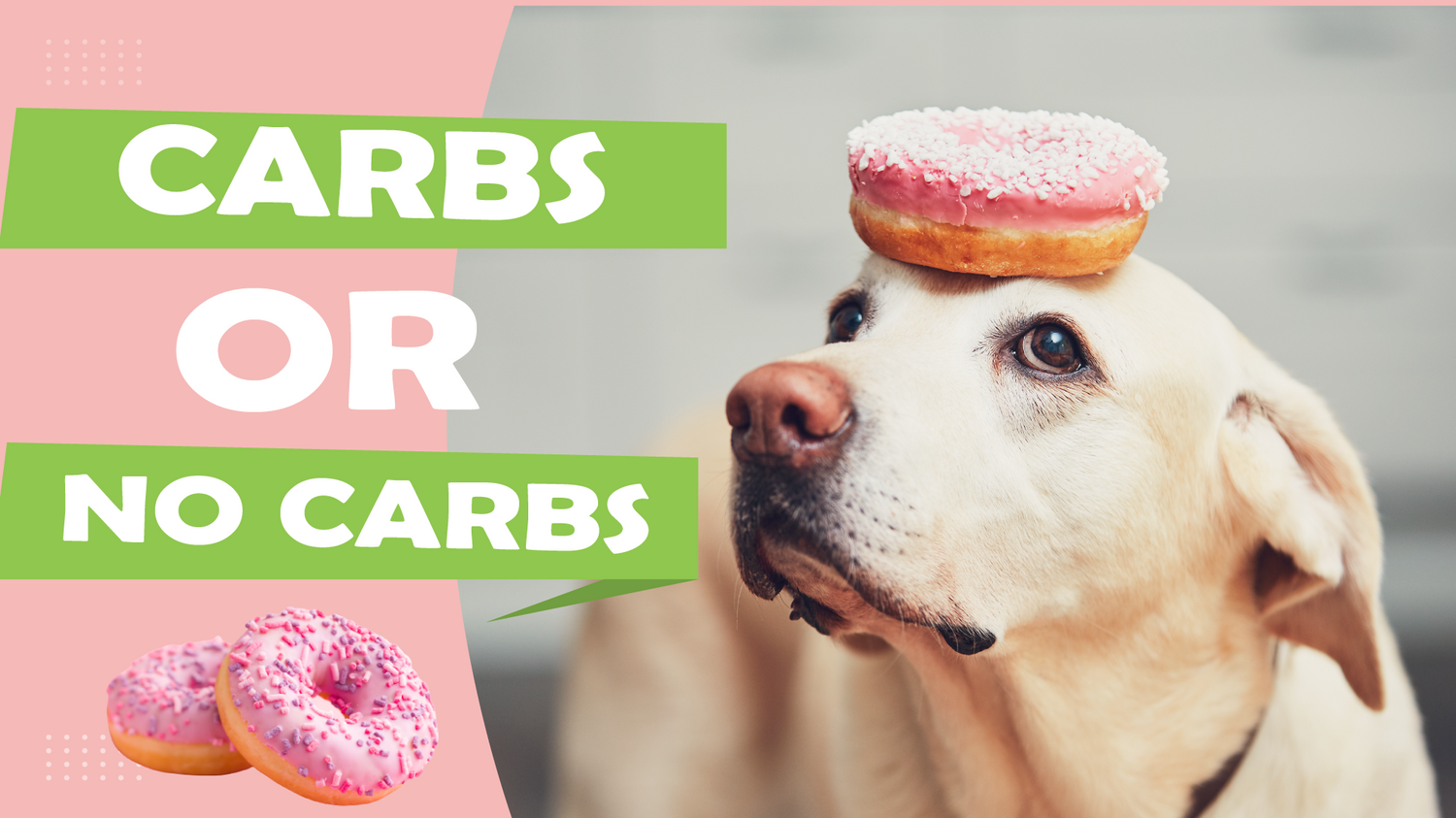
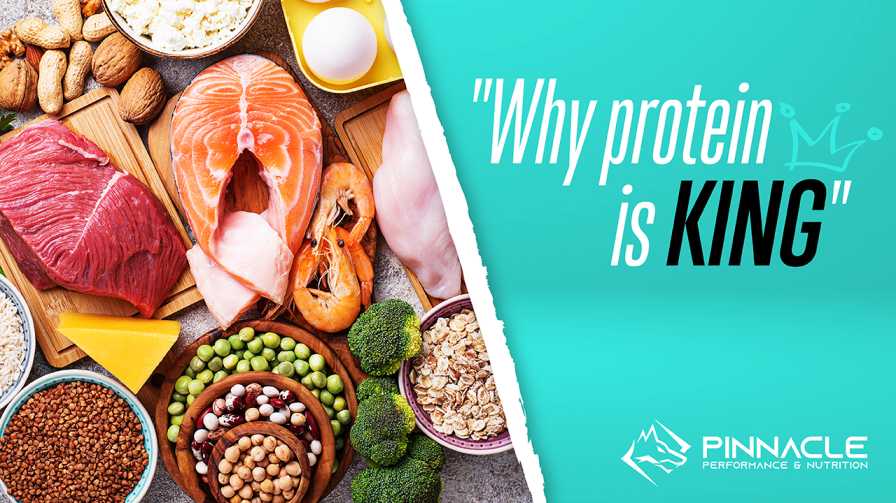
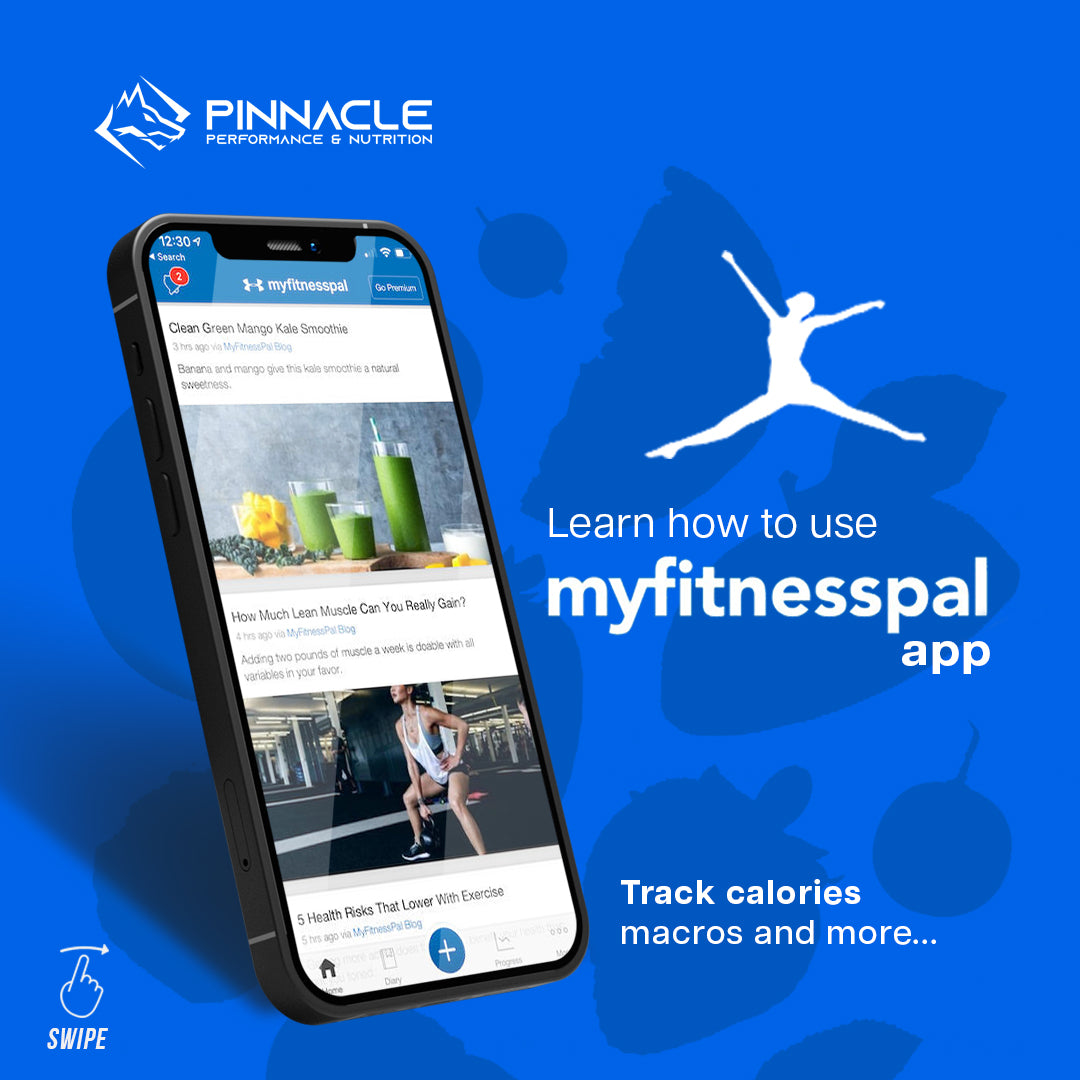
Leave a comment
This site is protected by hCaptcha and the hCaptcha Privacy Policy and Terms of Service apply.